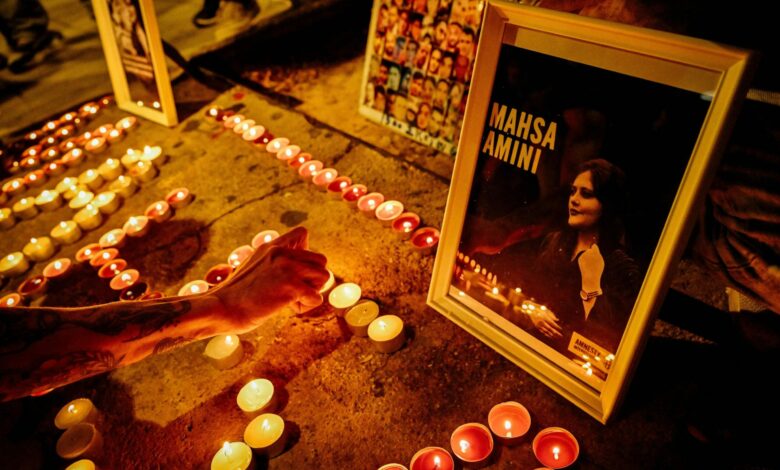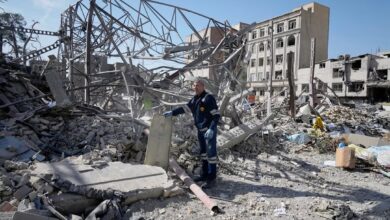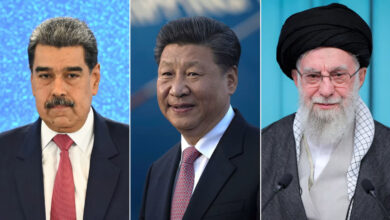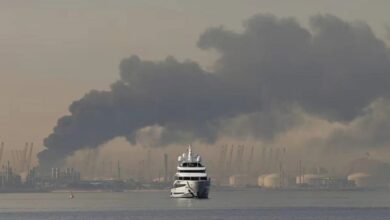
“Over the past six weeks, thousands of men, women and children – by some accounts over 14,000 persons – have been arrested, which includes human rights defenders, students, lawyers, journalists and civil society activists,” said Javaid Rehman, special rapporteur on the Situation of Human Rights in the Islamic Republic of Iran on Wednesday.
The “unabated violent response of security forces” in the country has led to the reported deaths of at least 277 people, Rehman added in an address to the UN Security Council, a figure backed by reports from human rights groups.
CNN cannot independently verify the arrest figure or the death toll – precise figures are impossible for anyone outside the Iranian government to confirm – and different estimates have been given by opposition groups, international rights organizations and local journalists.
Rehman also referenced Iran’s decision to hold public trials for 1,000 people arrested in connection to the ongoing protests, noting that some of the charges carry the death penalty.
Iranian state media – a mouthpiece for the government – has itself reported on the 1,000 or so people indicted in Tehran province for their alleged involvement in nationwide protests.
The demonstrations were first ignited by the death of Mahsa Amini, a 22-year-old Kurdish-Iranian woman who died in mid-September after being detained by the country’s morality police.
Since then, protests across Iran have coalesced around a range of grievances with the regime.
Increasingly, activists and experts are characterizing the protests as a national uprising and one of the biggest challenges to the Iranian regime since its founding.
“This is not a protest for reform,” Roham Alvandi, an associate professor of History at the London School of Economics, told CNN. “This is an uprising demanding the end of the Islamic Republic. And that is something completely different to what we’ve seen before.”




